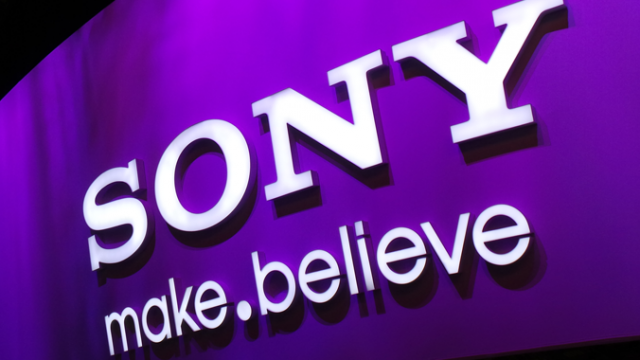Let’s forget about why people hacked Sony in the first place. Paranoid rabid right-wing news organizations, probably fearing what is in their own personal e-mail, believe it was North Korea over The Interview. Mashable uncovered an email that said it was all about extortion, and thinks that The Interview is just a cover up. Whatever. The whys of the leak aren’t important. It’s more the content of the leaks.
The leak was delivered in a gigantic info dump, a la Edward Snowden’s leaks about America’s national security. I’m not making comparisons that the hackers have the noble intents as Edward Snowden – concern over our government’s overreach is far more noble than extortion – but the methodology seems similar. It leaves the news organizations to troll through the troves and figure out what was what in the gigantic treasure trove. Unfortunately, much like Snowden’s leaks, some of the wrong stuff got out along with the stuff that needed to be shared. In this case, SSNs, home addresses, and real world celebrity aliases got out. But, I’m willing to forgive that, in comparison.
Sony’s reaction has been similar to the US Government, in that they turned all the blame onto the hacker groups, now calling it an act of terrorism or at least akin to leaking nude photos. They’ve called it an invasion of privacy, and that these messages were never meant to be public. Sony has done almost everything except acknowledge what is being show to be a very toxic culture from the top down, and also that some of the public’s knowledge of certain things is wrong.
The Sony leaks matter because they provide an x-ray into business culture. It’s all cut-throat, backstabbing, sniping, gossipping, bitter little children trying to figure out how to keep everybody as happy as they can, while also getting their own way. Amy Pascal is at the center of many of these feuds, especially when it comes to why Sony lost the contract to a bunch of movies. Some of the most entertaining bits have been about the most inconsequential things, like Spielberg and Katzenberg shaking down the top execs of Tristar for Democratic fundraisers. The incestuous nest of Hollywood becomes apparent when you realize that Dreamworks was shaking down Tristar, and they have a relationship because the Paramount/Dreamworks co-productions had soundtracks that are now distributed by Sony. It’s enough to make one go crazy.
The X-ray goes deep. There were leaks about Executive Vice Presidents taking underlings out on romantic dinners on the company’s dime, racial discrimination and sexual harassment, and other sorts of information we never hear about. One admin sent an e-mail to HR reiterating how she was constantly belittled and intimidated by a certain vice president who constantly called her a bitch. She was black, and was constantly passed over for promotion by less qualified white women. There is pay intimidation of hourly workers, and ever gender pay gaps that are contained within the leaks, including among the stars. There are performance reviews and industry page comparisons.
On this toxic bed lies the things we’re here to talk about, the films. We’ve all wondered why Ghostbusters was being sequelized or rebooted (other than money), and why it was being held up. At one point, Sony was investigating a lawsuit against Bill Murray for non-participation. The amount of money going around Sony seems particularly low compared to old rumors. Jim Carrey got a $20m paycheck in the 90s for The Cable Guy, but Seth Rogan and James Franco only made a combined $15m for The Interview. However, Lizzy Caplan only made $100k for the movie for 5 days of set work, and the actor for Kim Jong-Un, who wasn’t yet cast, was only to make $50k for 11 days of set work.1
Cost-Saving is the name of the game in many of these examples. Pixels lost $25m of its budget, Paul Blart: Mall Cop lost $7m, and people’s salaries were negotiated down. The executives had started outsourcing their visual effects in a cost saving venture and are now making more money through these efforts due to company shrinkage. Profitability is also part of it, and much of what we think is wrong. Monuments Men, widely considered to be kind of a flop even though it made $78m at the box office, still managed to make $10m in profit. What we think we know about studio finances is wrong and most of it is subterfuge.
At the end of the day, once all the documents are out, a great textbook could be written about the inner structures of Sony and how it functions as a business. If anything else, that’s a solid reason we should be paying attention to the leaks.
1America’s class paygap is apparent when I say “only $50k for 11 days of set work,” considering that’s what a lot of people make in a year.

